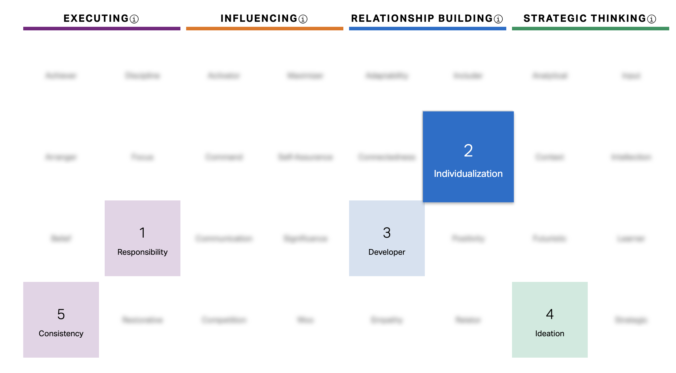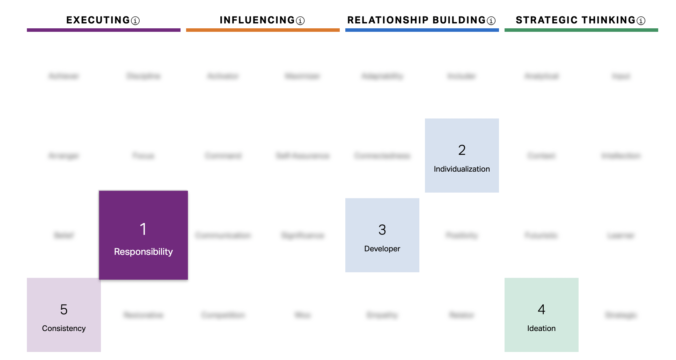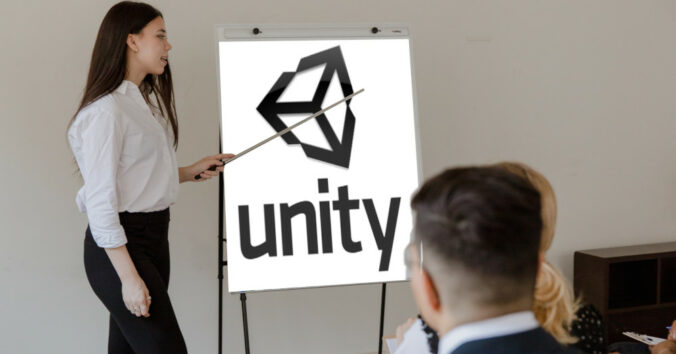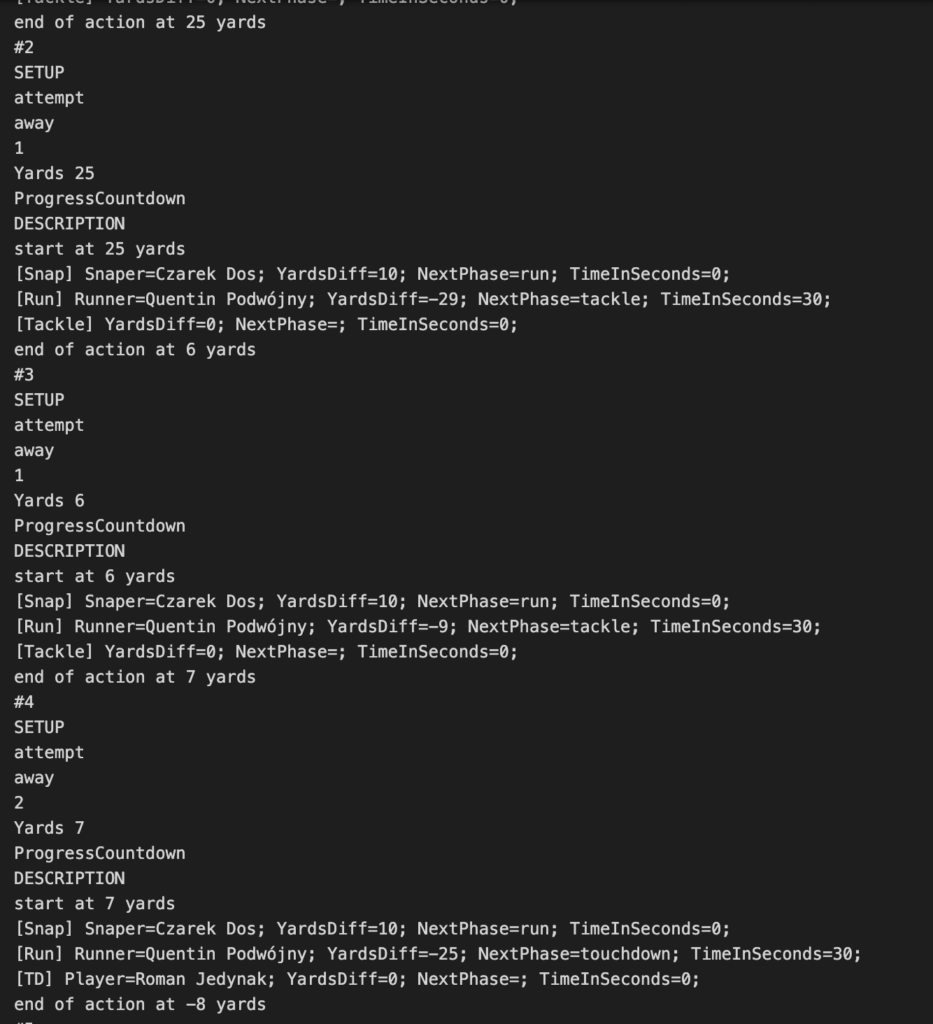In writing, whenever you’re referring to something that has URL, send that link.
Whenever you’re discussing Jira task, send that link.
Whenever mentioning a document, send that link.
Whenever referring to particular Slack discussion, send that link.
This will allow other people to immediately jump into details (if they need so). That in turn will reduce communication noise (typically in the form of annoying ping-pong messages).
If you think that the link won’t be helpful, because they know what you’re referring to – think twice. You’re in the loop, they might not. Also, it’s not a bad idea to lower your expectations, when communicating in IT. Have you ever been surprised by the fact that something obvious for you turned out to be not obvious at all for others?
If you think that they can check the details on their own if they want – think twice. Unless you’re pair-programming, they are working on something else. Their own tasks, tickets, context. They might need to find Jira it their bookmarks, search for the ticket name, make sure it’s yours – each operation taking 10 sec or so. If they are unlucky, this might be not the end – they might need more accesses, or more details.
You, on the other hand, have this thing in your browser. For you it’s cmd+l, cmd+c, cmd+v. For them it might be minutes turning into “ah fuck it, I don’t need to answer you now”.
If you think it will add to “spamming” in messages – think twice. This should not be the concern here. If you can save someone else’s minutes of their work, it means that the link was useful. It’s not spam at all, if somebody needs it. There might be a deeper problem with not distinguishing useful messages from real spam, but it’s another story. The bottom line is that link is never spam, when it supports foregoing discussion.
If the link turns out to not be useful – fine. I will argue that, in total, the habit of sending links will save much time, even if only a tenth of them are useful. The cost is too low and the potential benefits are too high.







Recent Comments